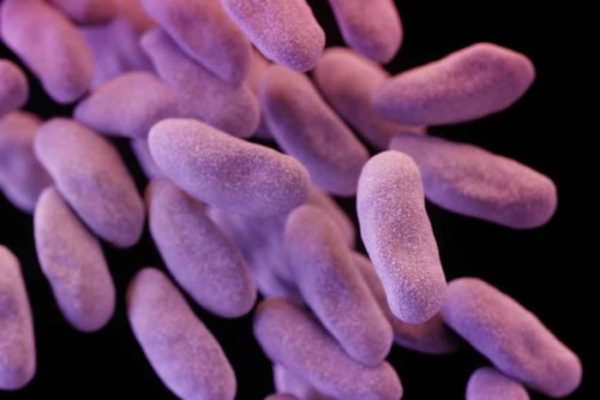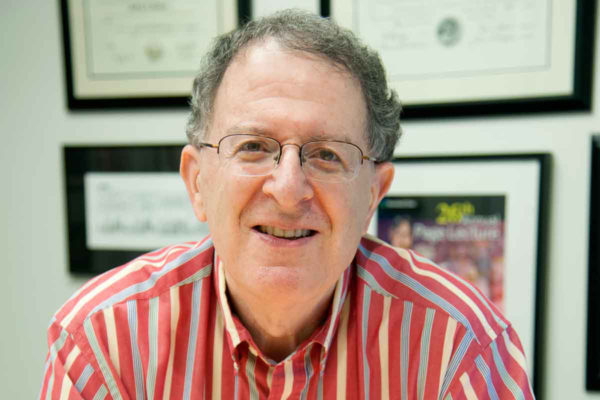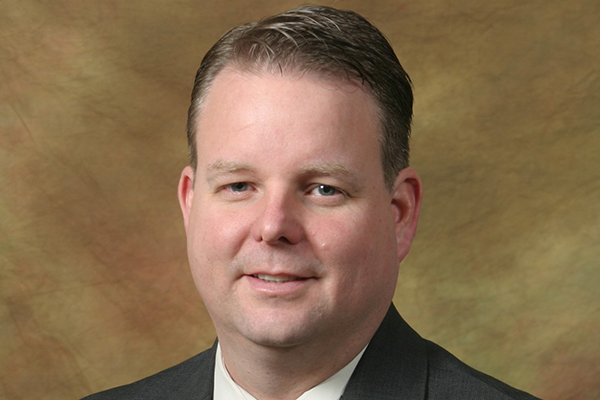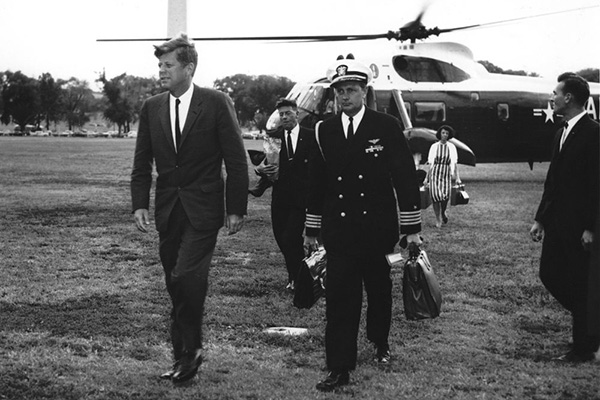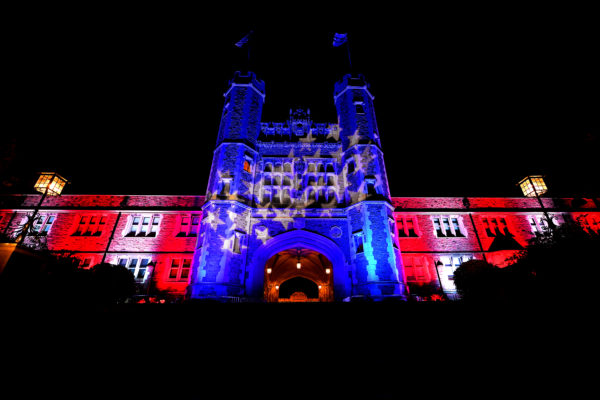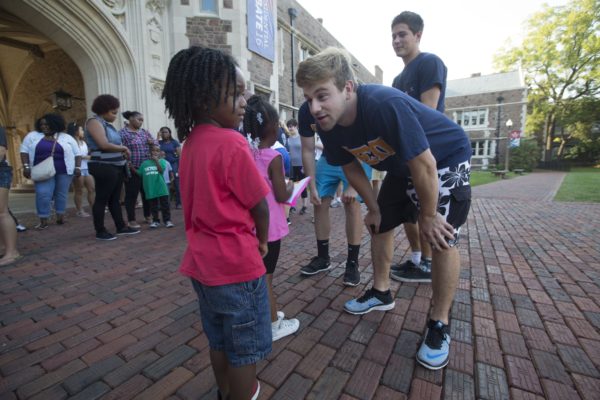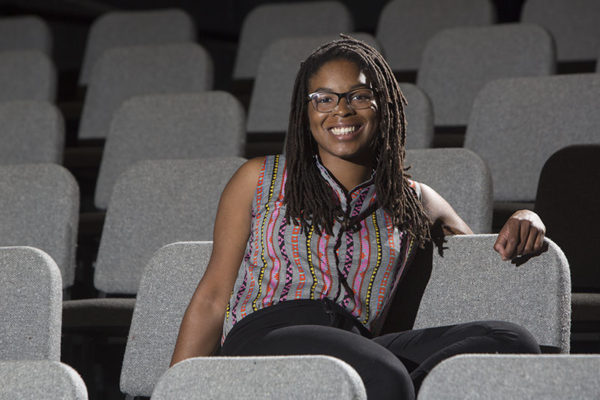$2 million awarded to help prevent antibiotic resistance
Four research teams at Washington University School of Medicine in St. Louis have been collectively awarded nearly $2 million for research aimed at combating the growing threat of antibiotic resistance.
Gordon receives Beering Award
Jeffrey I. Gordon, MD, of Washington University School of Medicine in St. Louis, has been honored with the Steven C. Beering Award for his seminal contributions to establishing the field of human microbiome research. His research has revealed a vital relationship between the tens of trillions of microbes that live in the human gut and a person’s health status.
Long named associate vice chancellor for facilities
JD Long, a project director with St. Louis-based Alberici Construction, will join Washington University Oct. 10 as associate vice chancellor for facilities planning & management, Henry S. Webber, executive vice chancellor for administration has announced.
Vaccine targets identified for deadly form of malaria
Researchers at Washington University School of Medicine in St. Louis have identified a potential vaccine target against Plasmodium vivax, a parasite that causes malaria in millions of people worldwide every year.
Danforth Dialogues explore future of religion and politics Oct. 8
“Envisioning the Future of Religion and Politics in America” will be the focus as the John C. Danforth Center on Religion and Politics at Washington University in St. Louis welcomes national news media superstars Krista Tippett, David Brooks and E.J. Dionne Jr. for a pre-presidential debate dialogue Saturday, Oct. 8, in Graham Chapel on the Danforth Campus.
Presidential candidates and their possible Supreme Court picks
How might the makeup of the United States Supreme Court change depending on who is elected as the country’s next president? A new analysis from Washington University in St. Louis estimates where the candidate’s potential nominees fit compared with the current justices and finds that a Democratic appointee would move the middle of the court to the left, shifting the court’s balance of power.
WashU Expert: The nuclear football
It is the ultimate symbol of public trust. Accompanying the president, at virtually all times, is a military aid with a large black satchel known as the “nuclear football.” But for all its prominence in the popular imagination, the football does not contain some sort of “nuclear button” that might allow a president to single-handedly initiate nuclear launch, says Krister Knapp, senior lecturer in history in Arts & Sciences.
Countdown to debate: Brookings shines red, white and blue
Hundreds celebrated the start of debate week at Washington University in St. Louis Oct. 1 with the lighting of Brookings Hall.
KIPP College Partnership established at Washington University
The KIPP College Partnership will connect Washington University to bright, young minds across the country, create a more diverse student body and deepen ties with KIPP St. Louis, which educates 1,200 students at its two elementary and two middle schools. Washington University is KIPP St. Louis’ public charter school sponsor.
Student playwright: On writing and the creative process
Andie Berry, whose play “Son of Soil” will receive a staged reading Oct. 1 as part of the A.E. Hotchner Playwriting Festival, discusses her work.
View More Stories
